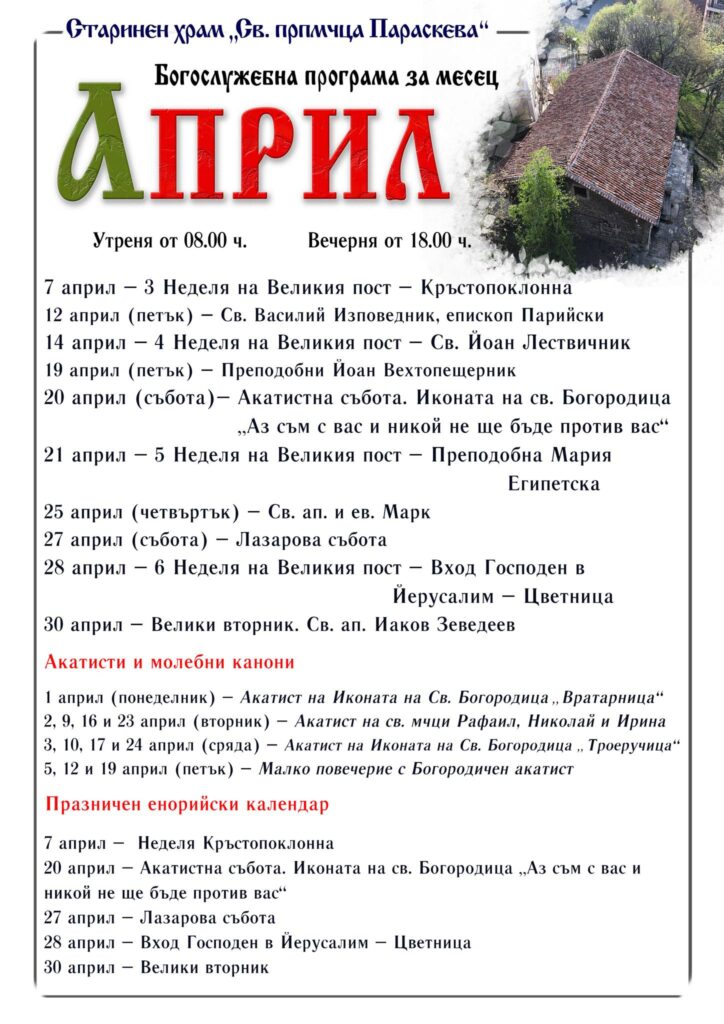Monthly Archives: Tuesday June 30th, 2015
Sex and the Moral Imagination
By Fr. Stephen Freeman As the day draws near for the US Supreme Court to insist on nationwide approval for gay marriage, a watershed in modern thought has been reached. For although the Supreme Court is not the arbiter of morality, its decisions generally signal a deep level of cultural acceptance. Of course, in American practice, the court represents the apex of legal/forensic imagination. Its decision will signal the bankruptcy of the forensic model for continuing Christian thought. When questions of sexual behavior are placed before the legal model, Christians are simply unable to make a persuasive case for much of anything. It is at least true, that the culture has become completely deaf to the sounds of Christian thought spoken in legal grammar. Of course, the consequences of this will likely be long-lasting. For it is Christianity, in a certain form, that taught the culture to think with a legal imagination. Therefore, it’s not likely that the culture will listen to gainsaying Christians on the topic, regardless of how they frame the conversation. And the consequences reach far beyond sexual matters. The same legal imagination seems increasingly mute in the face of other pressing questions: euthanasia, abortion, gender management, genetic manipulation and

Do We Know our Venerable Father Paisius of Hilendar?
Зададох си този въпрос, провокиран от факта, че Пловдивският държавен университет, носещ името на преподобни Паисий, продължава да се нарича само „Паисий Хилендарски”. Може би поради незнанието какво точно се крие зад понятието „преподобен”, управата на университета продължава да го пренебрегва. Но без него не можем да познаем, а оттам да признаем и достойно да почетем „този будител на българския народ” /Левкийски еп. Партений/. Какво означава „преподобен”? Кого Православната църква нарича така? Позовавайки се на известния гръцки богослов Димитриос Ризос, преподобни „се наричат онези светци, които приложили в живота си думите „затова излезте из средата им и се отделете” /2 Кор. 6:17/, напуснали света и се посветили на Христос изцяло, живеели според Христа и починали „в мир”. Това са монасите, подвижниците, отшелниците, въздържниците, живели или в общежителен манастир, или уединени в пещери” /”Агиология”, СИ, с. 105/. Чрез богоугодния им живот те се пре-уподобили на Самия Господ Иисус Христос. Така още в ранна възраст постъпил и преподобни Паисий Хилендарски. Напуснал света и отишъл най-напред в люлката на българското монашество – Рилския манастир, където „под благодатта на великия наш отец Иоан /св. Иоан Рилски – б.а./ порасна духом и известно време прекара в послушание при някои опитни старци” /”Жития на българските светии”,

The Sin of Democracy
By Fr. Stephen Freeman “Lord, I am not worthy that You should come under my roof. But only speak a word, and my servant will be healed. For I also am a man under authority, having soldiers under me. And I say to this one, ‘Go,’ and he goes; and to another, ‘Come,’ and he comes; and to my servant, ‘Do this,’ and he does it.” When Jesus heard it, He marveled, and said to those who followed, “Assuredly, I say to you, I have not found such great faith, not even in Israel!” (Mat 8:8-10 NKJ) +++ Jesus’ encounter with the Roman Centurion is one of the least modern experiences in all of Scripture. Of all the stories in the New Testament, this one would be the most difficult to repeat in our culture. In our world, we ourselves are our only authority – we are neither over anyone else nor subject to any. We are filled with the spirit of democracy, and, as such, despise the Kingdom of God. The world of kings and rulers began to collapse at the very time that nation-states began their rise. In 1534, Henry VIII of England repudiated any authority greater than
The Obligation to Love (The Duty of Love)
Трябва да знаем, че любовта не е нещо, което избираме, тя е задължение. Длъжен си да обичаш брата си, не само защото с него те свързва духовно родство, а и тъй като един другиму сте членове. Липсата на любов води до разруха. Длъжен си обаче да обичаш брата си и заради друго – защото придобиваш духовна полза и печалба, тъй като чрез любовта спазваш целия Божий закон. Така братът, когото обичаш, става твой благодетел. И наистина, заповедите „не прелюбодействай“, „не убивай“, „не кради“ и всяка друга заповед се съдържат в тия думи: „възлюби ближния си като самаго себе си.“ (Рим. 13:9). И Сам Христос ни уверява, че целият закон и пророците се съдържат в любовта (Мат. 21:40). Виж колко високо я е поставил – дал е две заповеди за любовта и е определил границите на всяка от тях. Първата е да възлюбиш Господа, Твоя Бог, и втората, също толкова важна, да възлюбиш ближния си като себе си (Мат 22:37-39). Колко велико е Христовото човеколюбие! Поставя наравно любовта към Него и ближния, при все че човек стои неизказано по-долу от Бога. Св. Иоан Златоуст


